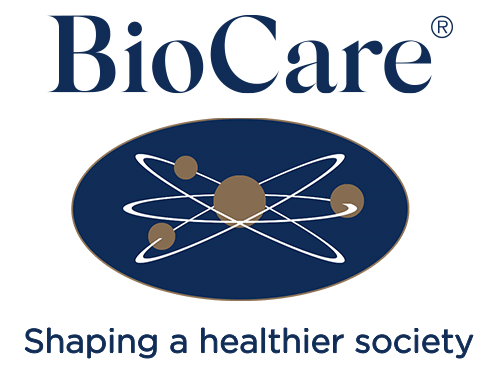
EVERYTHING YOU SHOULD KNOW ABOUT VITAMIN C
Share
Vitamin C has multiple benefits in our body, among which its great antioxidant role and promoting the correct functioning of the immune system stand out. While many foods contain vitamin C, we are not getting adequate levels to meet each individual's needs. This is due in part to changes in diet quality, constant exposure to environmental toxins, and high levels of body stress. Therefore, our demands are increasing.
What is Vitamin C and what does it do?
Vitamin C is found naturally in foods as ascorbic acid and is an essential nutrient since our body is not able to synthesize it. It is soluble in water, so it is not stored in the body requiring a constant supply.
There are many foods that contain vitamin C to varying degrees, the best sources being papaya, bell peppers, broccoli, Brussels sprouts, strawberries, pineapple, orange, kiwi, melon and cauliflower.
Why does the body need vitamin C?
Antioxidant Function: It is known for its antioxidant effect, which means that it has the ability to eliminate free radicals before they cause damage to the body's tissues. This helps our cells stay protected from the oxidative stress process, which is natural in our metabolism, detoxification or energy production, but when given in excess it can be very harmful.
Immunity: Plays an important role in immunity by supporting numerous cellular functions of the innate and adaptive immune system. This helps keep chronic diseases at bay and has a rapid response to certain pathologies and acute infections.
Collagen Formation: Vitamin C is necessary for the formation of collagen, which is a vital structural component for the maintenance of blood vessels, bones, cartilage, skin, gums and teeth.
Iron Absorption: Promotes the absorption of Iron consumed in food, preventing the development of anemia.
Energy Production: Participates in energy metabolism and helps reduce tiredness and fatigue. It is a vital nutrient for our adrenal glands that participate in regulating the balanced response to stress, thus preventing the development of fatigue. In addition, its participation in the reduction of oxidative stress (caused by excess stress and exposure to environmental toxins) helps reduce the body's energy demands.
Nervous and Cognitive System : Vitamin C supports the proper functioning of the nervous system and psychological function. Various studies have suggested that vitamin C deficiency may be related to neurological and mental health conditions.
Why supplement with vitamin C?
Currently there are various factors that make us more prone to a vitamin C deficiency, among them the following stand out:
- Infections
- Toxins (environmental pollutants, cosmetics, toiletries and tobacco)
- Medications (aspirin and non-steroidal anti-inflammatory drugs)
- Stress
- Diet (refined sugars, alcohol, caffeine, trans fats, processed foods)
- Chronic diseases (alteration of the defense system)
- Decrease in the nutrient load in foods as a result of soil depletion, intensive agriculture and prolonged storage of certain foods.
Signs and symptoms of low vitamin C : Weakness, fatigue, low immunity, recurrent infections, chronic inflammation, and weak blood vessels (due to decreased collagen production). When blood vessels are weakened, bruising, bleeding from the gums and facial capillaries can occur more easily.
Given the multiple functions and benefits that vitamin C provides to our body, it is recommended to consume a supplement on a regular basis. Our VITAMIN C POWDER is a simple and pure formulation, free of excipients, hypoallergenic and easy to administer. It is presented as magnesium ascorbate, a formulation with high bioavailability and free of citrus fruits, which makes it a low-acid form of vitamin C, improving its gastrointestinal tolerance.
